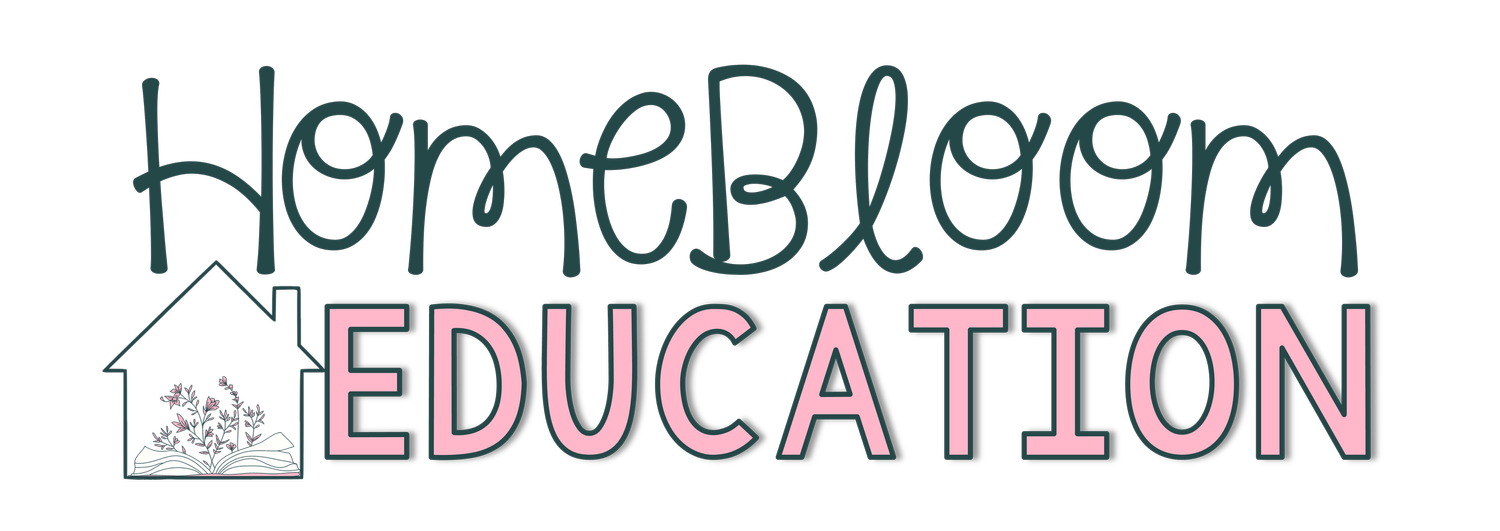Rethinking the “catch up” mindset: Celebrate gains and set sensible goals
I’ve seen a lot of chatter online and on social media about this school year and what it means for our children.
There’s a lot out there about how our kids are ever going to “catch up,” how they’re facing lapses in crucial skills, and how difficult it will be to rebound socially.
I’ve also read a lot that all kids are in the same position, so it really doesn’t matter. In other words, if everyone is behind, is anyone really “behind” at all?
Thanks to the way education became an overly comparative exercise well before the pandemic, we now more than ever can get caught up in comparing our kids to other kids and setting expectations based solely on curriculum standards, leading us onto a hamster wheel of often aimless, ineffective, and even damaging educational approaches.
Instead, parents unlike ever before have an opportunity to first take stock of what our kids have accomplished in the past few years. Thanks to our innate ability to adapt, they have become more flexible learners, critical thinkers, and incredibly tech-savvy little humans. While it can be hard to see it when you’re knee-deep in the daily tug-of-war between your work-from-home schedule and your children’s learn-from-home schedule, our children have become more independent. They are making lunches and reaching out to teachers via email.
Think about all of the little things your family focused on together: Maybe your child became a chess aficionado this year, or learned how to make a darn good egg sandwich and is now a budding chef. Did your kids find a new hobby that they would have otherwise never found? Celebrate and recognize all of THAT learning that didn’t happen inside a classroom.
Of course, some kids probably had a different, more difficult, more mentally-taxing experience than others. Now more than ever, parents also must proactively address any signs of mental and emotional distress (much more on these issues in later posts). But going forward into a new academic year, when thinking about progress, learning, and academic or even social goals, parents can be thinking about two things:
Where are our kids now?
Where do we want them to be going forward?
Sounds simple enough, right?
First, we need to create a benchmark by reflecting on our children’s’ strengths, interests, dislikes, and challenges. How do they learn best? How did they handle the unique challenges of the past year and a half? What specific skills have they mastered versus where are they making progress--or no progress at all? Where do you see the most frustration?
Creating this benchmark separate from curriculum standards is key to customizing a plan and practice that’s most effective and actually motivates your child. From there, parents can better define how to approach external expectations from a curriculum and standards viewpoint. But most importantly, parents can then frame their own expectations and the path forward that works best for all.
While a supposed “standard” says a second-grader should be able to do “XYZ” by June, that doesn’t mean your child will do so. That’s ok. Pick 2-3 top priorities that would open doors for your child. For example, subtract double-digit numbers with regrouping, because not having this skill right now is holding your kiddo back, causing meltdowns, and getting in the way of lots of other math skills.
Instead, parents can follow individual action steps to build that skill.
Go back to subtracting with single digits, no regrouping. Master it. Use manipulatives and tangible, concrete, multi-sensory learning to really nail down the concept. Your child should feel GOOD about this before you move on.
Then bring in double-digit subtraction. No regrouping. Use manipulatives again. Then move to pencil and paper. Make sure your child understands what “regrouping” means in terms of place value. What an abstract topic for a kid.
Finally, practice with double-digit subtraction with regrouping, using manipulatives. Then paper.
Are you getting the idea?
This is the general strategy you can use for any skill - reading, phonological awareness, rhyming, multiplication. Break it down into simple, specific, sequential goals. Each win will build confidence, open a door to the next win, and eventual mastery.
If any or all of this is overwhelming to you, take a deep breath. The year is just getting started. Let’s ease in and give ourselves and our children some grace. And, of course, I’m here to help.

